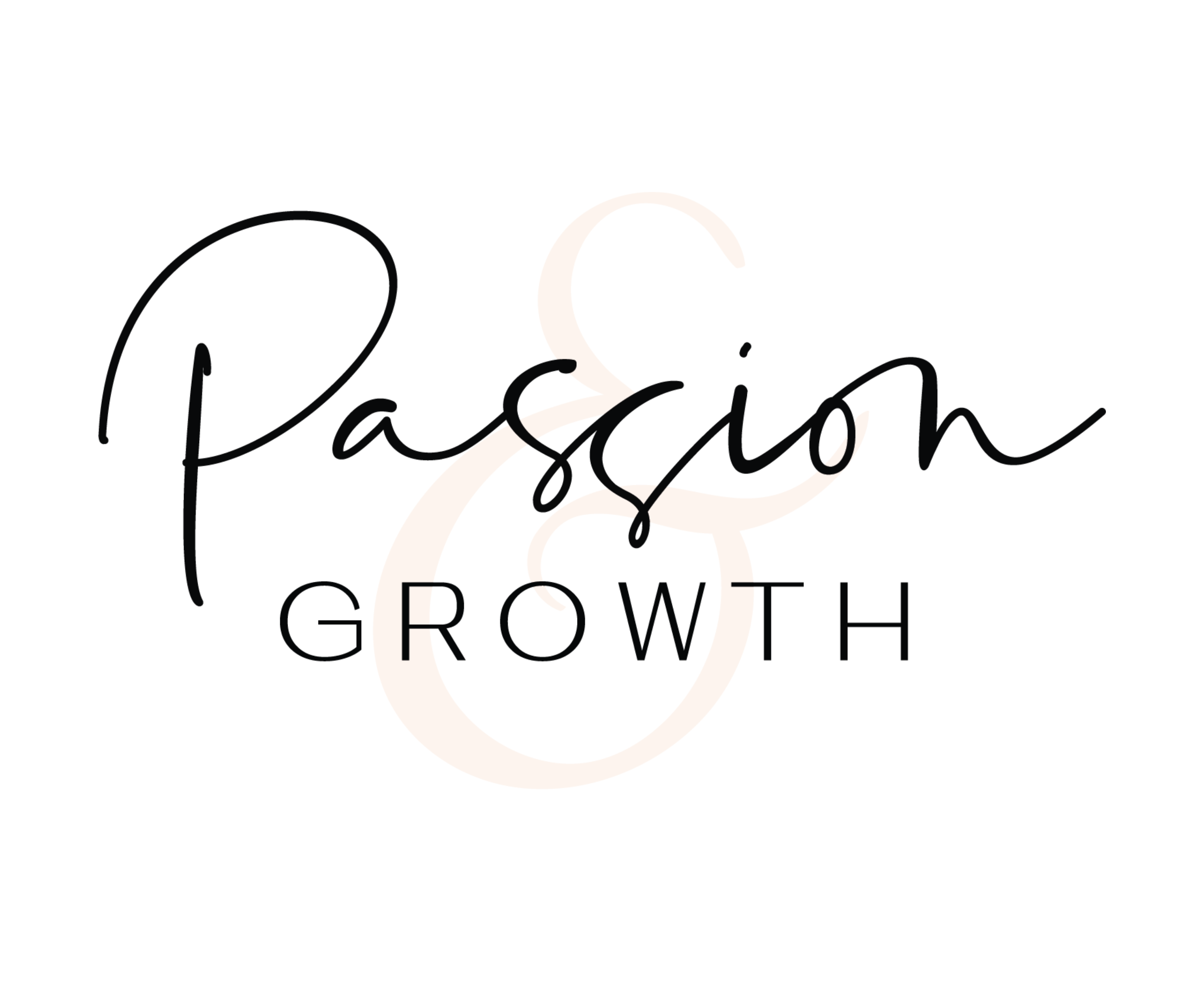We hear this advice all the time:
“Live in the moment.”
“Live today as if it’s your last.”
“Seize the day.” or “Carpe Diem.”
“Be present.”
This list goes on and on. There’s something to be said about appreciating the beauty in our daily lives and taking advantage of the time we have on Earth. However, it can often be easy to become distracted by our to-do lists, ruminating on our past, or worrying about our future. We are always busy doing something, and it is imperative that we find some time in our routine to calm our minds and find some focus. Here are a few tips that help me.
1. Shut off as many distractions as possible. Turn off the TV, put the phone on do-not-disturb, and set some time aside to savor the moment you are in.
2. Notice things. In the hustle and bustle of life, we often rush to get from point A to B, only focusing on what is directly related to our task. It’s the old adage of “stop and smell the roses”, but it has validity. Notice the world around you, and be thankful for what you find.
3. Use your senses. Often focusing on how something smells, tastes, looks, feels, or sounds can bring us to the present for a few moments. Here is your excuse to use chocolate for your benefit! Put your worries aside while you savor the flavor.
4. Focus on the now. As much as is possible, appreciate the moment you’re in, instead of comparing it to moments from your past or focusing on the changes you want to see in the future.
5. Stop worrying. I know, easier said than done, right? But you can’t fully appreciate today if your thoughts are focused on worrying about tomorrow. A great strategy I have found is to imagine what you are worrying about does come true, and create a plan for when it does.
Here’s an example:
Worried you’ll lose your job? Lay out a plan for how you will move forward if you do. Revamp your resume. Educate yourself on unemployment. Build up your savings account or start an emergency fund. Make a list of places to apply for jobs, should the situation arise.
Once you have a plan in place, you’ll find that your brain is put to ease and will not worry as much as it did before. It’s the unknown that is the big trigger, so providing a road map for “what if” can be reassuring. Hopefully, you’ll never have to use this plan, but in the event that the worst happens, you’ll have a plan of action to help you get back on your feet.

